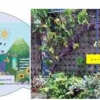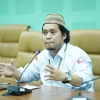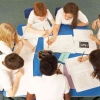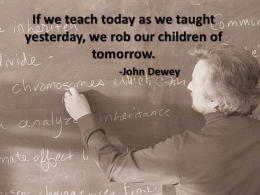Since joining the area of education, I've been thinking about the necessity to reflect on our teaching methods and rethink our roles as instructors to improve our classroom activities.
The need for a "knowledge fragmentation" based on integrated knowledge that can contextualize information, nurture skills, encourage cooperation, customized learning, and eliminate impediments; in short, that it can fit all the students in the classroom allow them to take part.
This comes to my classmates' presentation two weeks ago based on John Dewey's Experiential Learning. According to their presentation, the foundation of experiential learning is that knowledge is generated through transformation brought about by experience.
Concrete experiences are abstracted into concepts that are actively tested by new experiences. It does not limit this dynamic to the presentation of a single concept; rather, it seeks to absorb ideas and put them into practice in order to assist individuals in developing their personal and vocational talents through practice, simulation, or the dynamics with meanings. The situation described above will occur as long as there is a sufficient process of reflection and the students' desire to investigate. Experience learning is not an exception to this dynamic.
Education has a long history, and I understand that each theory quotes a new author, such as John B. Watson, from my earlier article on behaviorism. At the turn of the twentieth century, education was reforming itself, and John Dewey was the founder of contemporary experiential education. The class presentation gave me some fascinating insights into the fundamentals of experiential learning:
Individuals should engage in what they learn.
Learning should occur via experiences both inside and outside of the classroom, not only through the "teacher."
Learning should be meaningful to the individuals involved. Students must act in the now and live in the future.
Learning must assist students by educating them to live in a world that is always changing and developing.
As a result, we may define experiential learning as the process of learning, information, behaviors, and possibly values via inquiry, observation, and experience. Because of inputs and responses, these transformations may be stable or unstable. Individual learning may transform if addressed and engaged in group learning, which improves integration, effectiveness, and productivity while also fostering intellectual achievement, organization, and a desire to learn.










